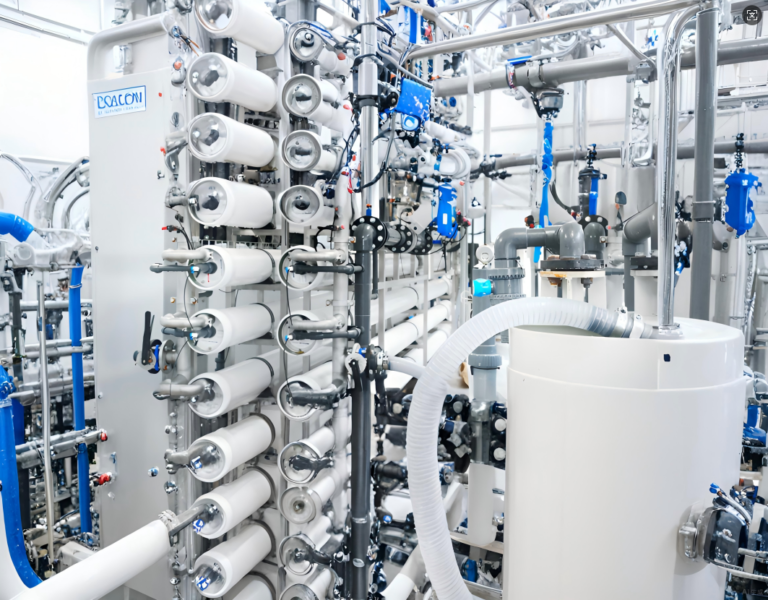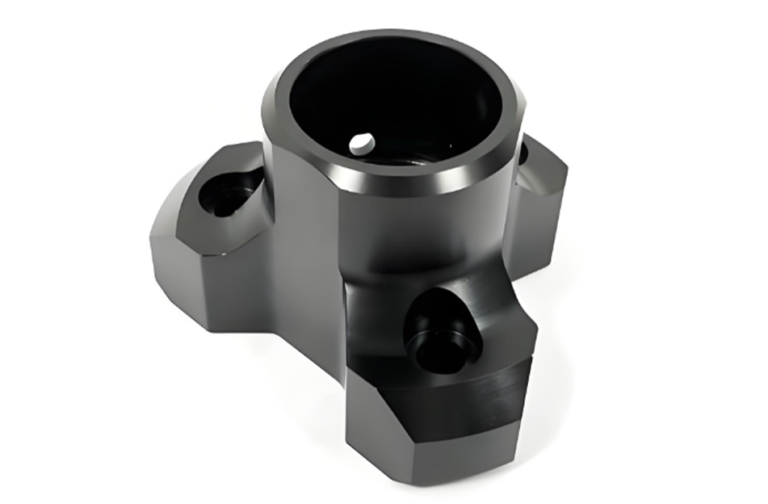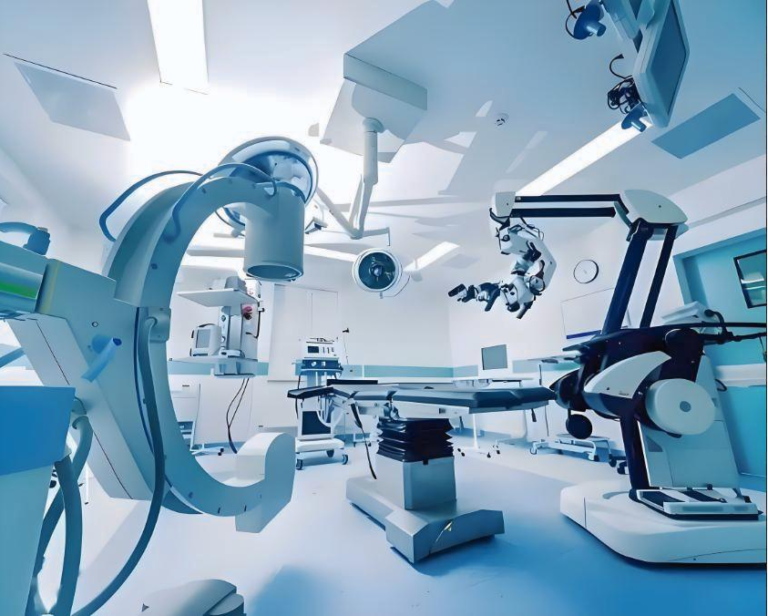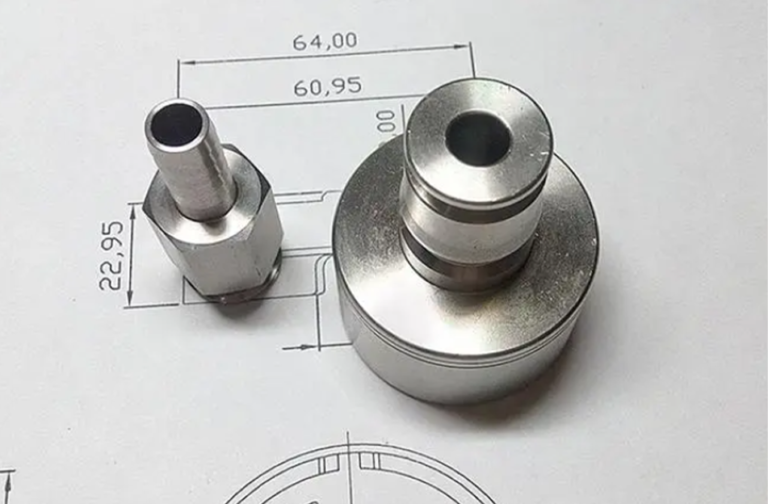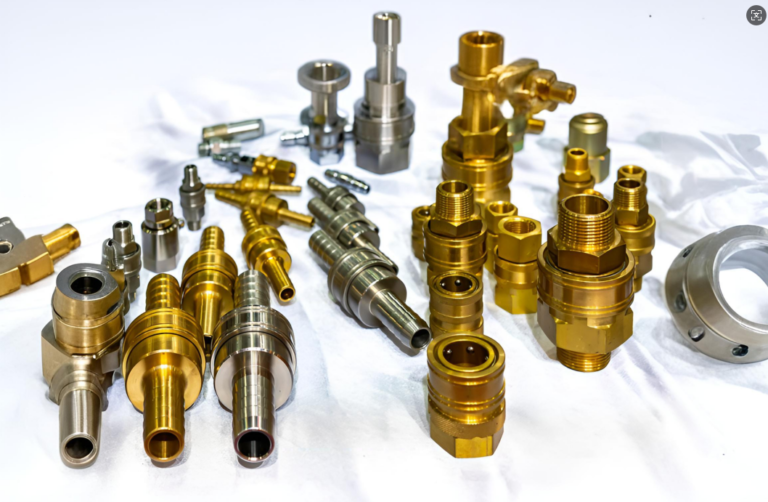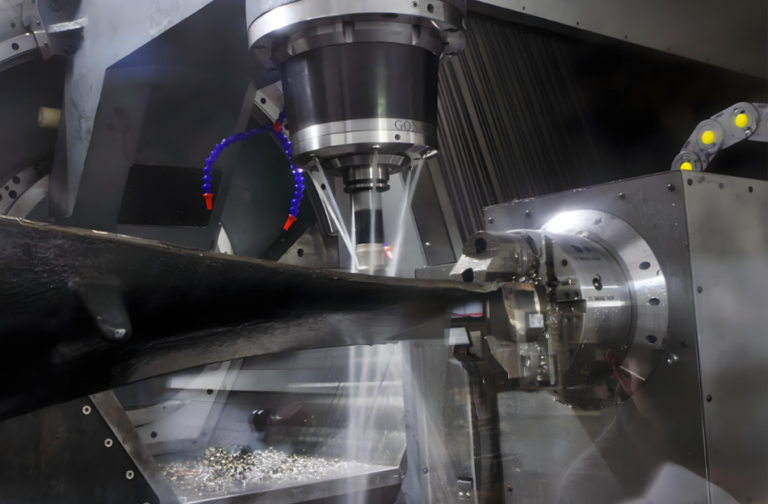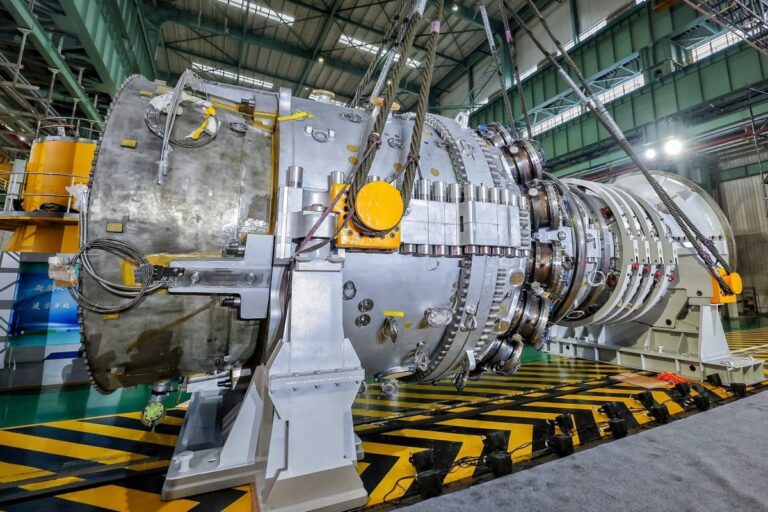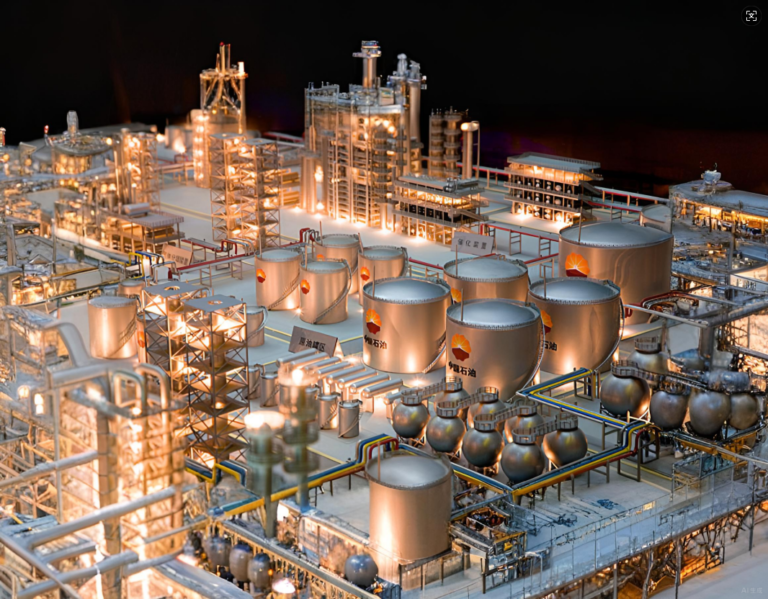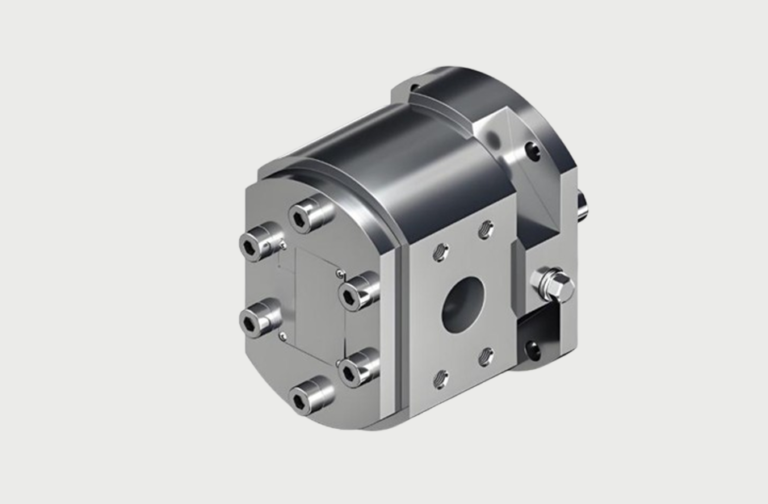Introduction to CNC Machining in Medical Device Manufacturing

Key Applications of CNC Machined Parts in Medical Devices
Surgical Instruments
Precision surgical tools, including scalpels, forceps, and scissors, are critical for successful medical procedures. CNC machining allows these tools to be crafted with sharp edges and flawless finishes, ensuring optimal performance during surgeries. At ZKPTC, our advanced machining techniques guarantee consistency across large production runs.
Implantable Devices
Orthopedic implants, dental implants, and pacemaker components require materials that are both biocompatible and highly durable. CNC machining enables the creation of complex shapes with minimal material waste, allowing implants to meet both functional and safety requirements.
Diagnostic Equipment Components
From MRI machines to CT scanners, CNC-machined components ensure the structural integrity and accuracy of diagnostic equipment. At ZKPTC, we produce precision parts that contribute to clearer imaging and more accurate diagnoses.
Materials Commonly Used in Medical CNC Machining

Stainless Steel
Stainless steel is renowned for its corrosion resistance and biocompatibility. It is widely used for surgical tools, implants, and medical equipment housings.
Titanium
Titanium offers an exceptional strength-to-weight ratio and is highly compatible with the human body. It is the preferred material for orthopedic and dental implants.
Medical-Grade Plastics
Materials such as PEEK (Polyetheretherketone) are commonly used for disposable instruments and certain medical devices. CNC machining ensures these components meet strict sterilization and biocompatibility standards.
Advantages of CNC Machining for Medical Device Components
High Precision and Accuracy
In medical applications, even the smallest error can have significant consequences. CNC machining ensures every component meets exact specifications, minimizing the risk of failure.
Repeatability
Consistency is vital when producing large quantities of medical components. CNC machines guarantee identical parts across every production cycle.
Customization
Medical devices often need to be tailored to individual patient needs. CNC machining excels in producing custom parts efficiently and cost-effectively.
Quality Assurance in Medical CNC Machining
Compliance with Medical Standards
Medical device manufacturing is governed by strict standards such as ISO 13485. At ZKPTC, we ensure all our processes comply with these certifications, providing clients with components they can trust.
Inspection and Testing
Every part we produce undergoes rigorous inspection and quality control measures. Tools such as Coordinate Measuring Machines (CMM) are used to verify dimensions and tolerances.
ZKPTC’s Expertise in Medical Device CNC Machining
Advanced Equipment
Our facility is equipped with state-of-the-art 5-axis CNC machines capable of machining complex geometries with extreme precision.
Skilled Workforce
Our team of engineers and machinists possesses extensive experience in medical CNC manufacturing, ensuring every component meets industry standards.
Customized Solutions
Every medical device project is unique. At ZKPTC, we offer tailored solutions to meet your specific requirements, whether it’s prototyping or large-scale production.
Case Studies: Successful Medical Device Projects by ZKPTC
Project A: Surgical Implants
ZKPTC successfully produced titanium surgical implants for a leading healthcare provider, reducing production times while maintaining impeccable quality.
Project B: Diagnostic Equipment Housings
Our team manufactured precision housings for MRI machines, contributing to enhanced imaging performance and patient safety.
Future Trends in Medical Device CNC Machining
Automation and Industry 4.0
Automation is transforming CNC machining, enabling faster production times, improved precision, and predictive maintenance capabilities.
Sustainable Manufacturing
Eco-friendly materials and energy-efficient processes are becoming integral to medical device manufacturing.
Customization and 3D Printing Integration
Hybrid manufacturing techniques, combining CNC machining with 3D printing, are revolutionizing the production of patient-specific implants.

